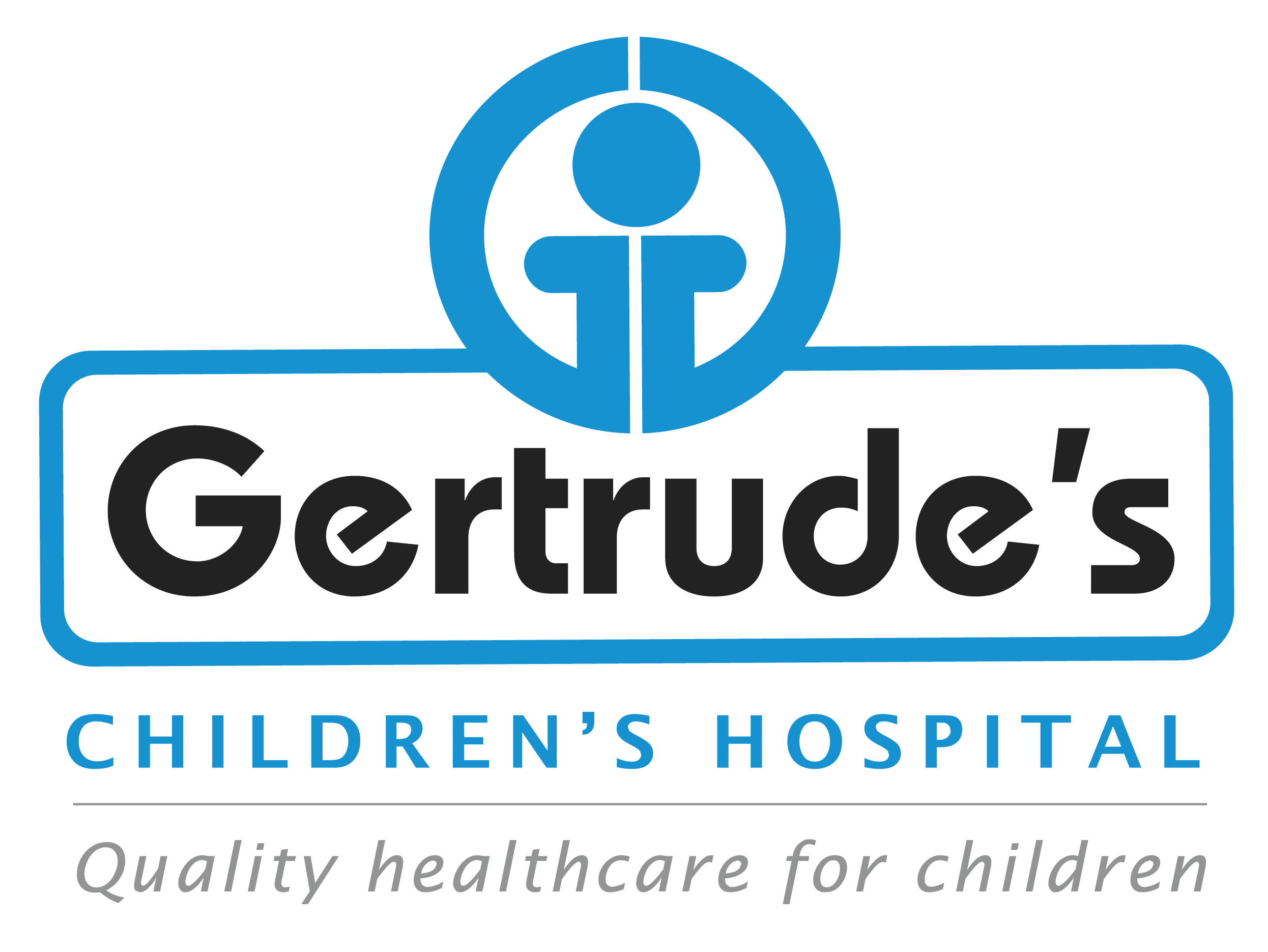An atrial septal defect (ASD) is a congenital heart defect, meaning it is present at birth. It involves a hole in the wall (septum) between the heart’s two upper chambers, called the atria. This defect allows oxygen-rich blood from the left atrium to flow into the right atrium, sending it back to the lungs instead of the rest of the body. Over time, this extra blood flow can strain the heart and lungs.
Symptoms
- Shortness of breath or difficulty breathing
- Fatigue or weakness
- Pale or bluish skin (cyanosis)
- Rapid heart rate or palpitations
- Swelling in the legs, ankles, or feet
- Poor appetite or failure to thrive
Causes
- A family history of heart defects
- Certain genetic syndromes, like Down syndrome
- Exposure to specific medications or substances during pregnancy
Diagnosis
- Echocardiogram: uses sound waves to create images of the heart
- Chest X-ray: helps visualize the heart and lungs
- Cardiac catheterization: a minimally invasive test to examine the heart’s blood vessels and chambers
- MRI or CT scan: creates detailed images of the heart
Treatment Options
- Surgical repair: to close the hole in the septum
- Transcatheter closure: a less invasive procedure using a catheter to close the hole
- Medications: to manage symptoms and prevent complications
- Heart transplantation: in severe cases where other treatments are ineffective
Why Choose Us
Expert team
Our pediatric specialists have extensive experience in treating children.
Personalized care
We create treatment plans that fit each child’s unique needs
Support and education
We teach children and families how to care for them and prevent future cases
Advanced treatments
Access to the latest treatments and products
Contact
Please feel free to contact us with any general or medical enquiry by calling us.





